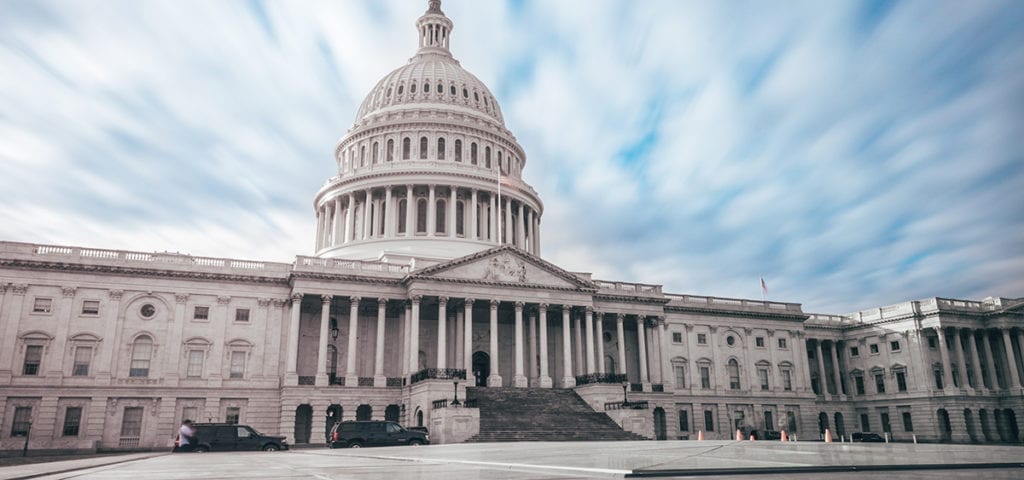Federal lawmakers yesterday hosted the first-ever bipartisan hearing to recognize and address the racial disparity in cannabis laws and enforcement actions. During the hearing, members from both parties pushed for the end of prohibition.
House Subcommittee Holds Hearing on Racial Disparity of Cannabis Laws

Full story continued below.
Advertisement
Federal lawmakers yesterday held a first-ever hearing on the racial disparity of cannabis laws and Representatives from both parties urged Congress to act on cannabis law reforms, including the plant’s removal from the Controlled Substances Act.
The hearing, titled “Marijuana Laws in America: Racial Justice and the Need for Reform,” was held by the House Judiciary Subcommittee on Crime, Terrorism, and Homeland Security and featured testimony from activists and industry leaders.
During the hearing, Florida Republican Rep. Matt Gaetz urged his colleagues to support the States Act which would prevent federal prosecution of legal cannabusinesses so long as they followed state laws. Industry protection from federal interference has been included in spending bills since 2014; however, the States Act would make the protection permanent. According to a Fox Business report, Gaetz said that it was difficult to make any changes to federal cannabis laws if lawmakers from both sides of the aisle aren’t willing to work together.
“If we further divide out the movement, then I fear that we’ll continue to fall victim to that which has plagued other Congresses where we won’t get anything done,” Gaetz said during the hearing.
California Rep. Tom McClintock (R) expressed concern about high taxes imposed on the industry, which he said will force the illicit market to remain profitable.
“My concern is looking at the industry as a cash cow and applying all sorts of exorbitant taxes upon it is the same effect as prohibition. It will drive what should be legal commerce back into a violent underground economy.” – McClintock, during the hearing, via Fox Business
Neal Levin, CEO of the Cannabis Trade Federation, called “criminal markets” the main competition for legal cannabis operators and called the current situation – the divide between state and federal policy – “untenable.”
“As an industry, we are not only concerned with how the policy is shaped, but how it impacts our businesses, our employees and our state and local economies,” he testified.
Rep. Steve Cohen (D-Tenn.) called the hearing “historic” and provided the committee with nine-page testimony from Aaron Smith, the executive director of the National Cannabis Industry Association. Smith notes that, in Colorado, cannabis arrests “have dropped 51 percent for whites, but only 33 percent for Latinos and 25 percent for Black persons.”
“As the racial disparity numbers show, Latino and Black youths are disproportionately the targets of those arrests,” Smith wrote in his testimony. “This demonstrates public officials need to examine ways to ensure that the benefits of legalization reach all Americans.”
Following the hearing, NORML political director Justin Strekal said there was “widespread consensus by both political parties that it is time to reform our failed policy of federal prohibition and criminalization.”
There are several bills in Congress aimed at protecting the legal cannabis industry, including the States Act, the SAFE Banking Act, which would allow banks to serve the industry, the State Cannabis Commerce Act, which would allow Oregon to move forward with export plans, and the Marijuana Freedom and Opportunity Act, which would legalize cannabis nationwide and authorize spending for expunging crimes related to cannabis.
Last month, the House Committee on Small Business held its own hearing related to the challenges of cannabis industry operators attempting to access Small Business Administration programs.
Get daily news insights in your inbox. Subscribe
End
